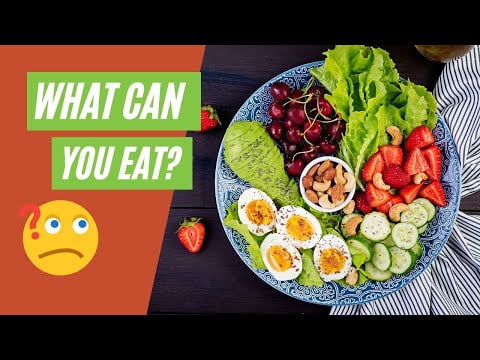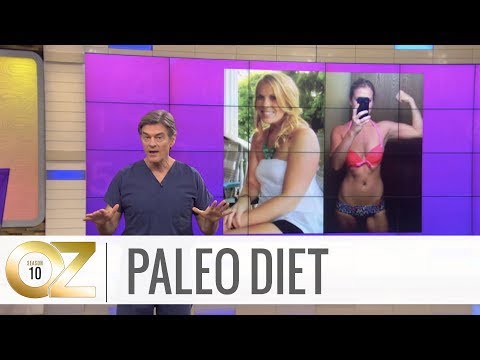The autoimmune protocol (AIP) diet, also known as the autoimmune paleo diet, is an updated version of the traditional paleo diet that’s designed to help individuals with autoimmune disorders. The main goal of the AIP diet is to reduce inflammation in the body, which can help alleviate symptoms associated with autoimmune disorders like rheumatoid arthritis, lupus, and multiple sclerosis. In this blog post, we will explain the autoimmune paleo diet in more detail, and how it can be a helpful tool for those who want to reduce inflammation and improve their autoimmune symptoms.
What is the autoimmune paleo diet?
The autoimmune paleo diet eliminates foods that are known to cause inflammation in the body, including gluten, dairy, soy, grains, and refined sugars. Additionally, it excludes any food that can trigger an autoimmune response, including nightshade vegetables like tomatoes and potatoes, seeds, nuts, and eggs.
What are the benefits of the autoimmune paleo diet?
By reducing inflammation in the body, the autoimmune paleo diet can help alleviate symptoms associated with autoimmune disorders. This can include joint pain, fatigue, brain fog, skin irritations, and digestive issues. Additionally, the diet can help improve overall health by encouraging the consumption of nutrient-dense foods like fresh fruits and vegetables, lean proteins, and healthy fats.
What foods can you eat on the autoimmune paleo diet?
The autoimmune paleo diet encourages the consumption of fresh fruits and vegetables, lean proteins, and healthy fats. Some of the best foods to include on the AIP diet include:
- Grass-fed and pasture-raised meats
- Wild-caught seafood
- Fresh fruits and vegetables, including leafy greens, root vegetables, and non-nightshade fruits like berries and citrus
- Healthy fats like avocado, olive oil, coconut oil, and grass-fed ghee
- Fermented foods like sauerkraut and kimchi
What foods should you avoid on the autoimmune paleo diet?
On the AIP diet, it’s recommended to avoid foods that are known to cause inflammation in the body or trigger an autoimmune response. Some of the primary foods to avoid include:
- Gluten and dairy
- Grains, legumes, and refined sugars
- Nightshade vegetables like tomatoes, potatoes, and eggplant
- Eggs and nuts
- Processed foods and artificial sweeteners
In conclusion, the autoimmune paleo diet is an anti-inflammatory diet that can be helpful for individuals with autoimmune disorders. By eliminating inflammatory foods and focusing on nutrient-dense whole foods, this diet can help improve overall health and alleviate symptoms associated with autoimmune disorders. As always, it’s important to speak with a healthcare professional or a registered dietitian before making any significant changes to your diet, especially if you have a medical condition.





